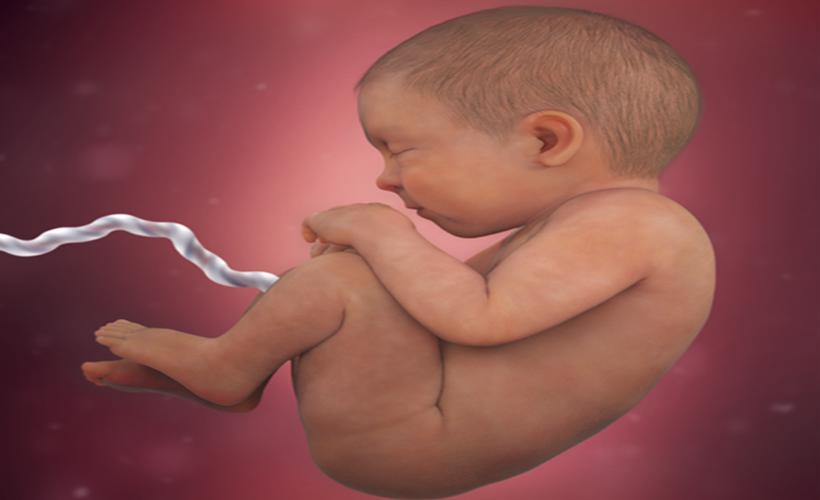38 Weeks Pregnant: Essential Information for You and Your Baby
Welcome to the 38th week of your pregnancy! The arrival of your baby is imminent, and both your body and your baby are undergoing important changes. In this article, you'll learn what to expect during this week, the possible symptoms, and what you should be mindful of.

Your Baby’s Development
At 38 weeks pregnant, your baby is about 48-51 cm long and weighs approximately 3-3.2 kilograms. Your baby is fully developed and ready for birth. Right now, fat is continuing to accumulate under your baby’s skin, which will help regulate body temperature after birth.
Your baby's nails may be fully grown, and some babies are born with long nails. Similarly, your baby may have a full head of hair by now. Your baby has developed reflexes necessary for life outside the womb, such as sucking and swallowing.
Changes in Your Body
At 38 weeks, you may experience several signs and changes as your body prepares for birth:
- Braxton Hicks Contractions: These irregular and usually painless contractions help your uterus get ready for labor. However, real labor contractions will be regular and progressively more intense.
- Signs of Labor: This week, be vigilant for signs of labor. Regular contractions, your water breaking, or losing your mucus plug can all indicate that labor is starting.
- Pelvic Pressure: As your baby’s head settles into the pelvic area, you may feel increased pressure in this region. This can make walking uncomfortable and cause some discomfort.
- Fatigue: As your body prepares for labor, you might feel more tired than usual. Be sure to rest as much as possible and avoid overexerting yourself.
What to Watch Out For
Remember that labor could start at any moment during this week. Here are some things to keep in mind:
- Prepare Your Hospital Bag: Make sure your hospital bag is packed and ready to go. Ensure that you have all the necessary items for both you and your baby.
- Review Your Birth Plan: If you have a birth plan, review it with your doctor. Make any necessary changes before labor begins to ensure everything goes as smoothly as possible.
- Relaxation Techniques: As the due date approaches, stress and anxiety may increase. Practice relaxation techniques such as deep breathing exercises, meditation, or light walks to stay calm.
- Doctor Visits: In the 38th week, your doctor visits may become more frequent. Your baby's position, heartbeat, and overall condition will be closely monitored, so it’s important to attend all your appointments.
Potential Complications
While the 38th week is usually focused on birth preparation, some complications can arise:
- Preeclampsia: Symptoms such as high blood pressure, severe headaches, vision changes, and upper abdominal pain may indicate preeclampsia. If you experience any of these symptoms, contact your doctor immediately.
- Premature Rupture of Membranes: If your water breaks (amniotic fluid leakage), notify your doctor right away. This is a sign that labor may have begun.
General Advice
The 38th week is the perfect time to finalize all preparations for the arrival of your baby. Review your birth plan, pack your hospital bag, and mentally prepare yourself for this monumental event. Remember, it’s only a matter of days before you’ll be holding your baby in your arms!




